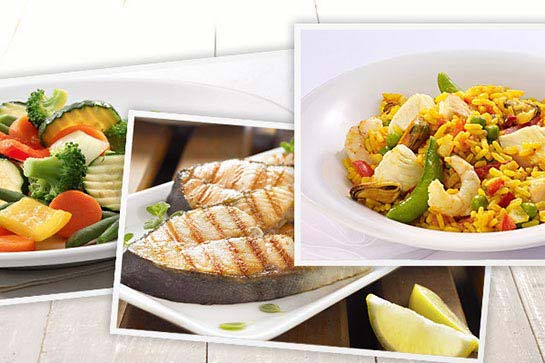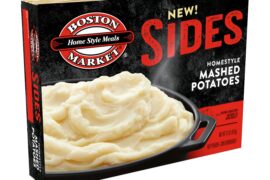Diversified frozen food producer FRoSTA AG posted solid results in 2015 despite strong price pressure, the Bremerhaven, Germany-headquartered company reported on April 6. Sales rose 7.9% to EUR 440 million, with consolidated year-on-year net profit advancing 5.2% to EUR 18.2 million.
Branded product sales in Germany were strong, climbing 12.5% overall. Fish dishes and vegetable preparations performed especially well, generating turnover increases of 23% and 25%, respectively, over results achieved in 2014. At the same time, sales of private label products climbed 8.8% to EUR 287.8 million.
The uptick in branded product sales was in large part attributed to the company’s policy of banning the use of additives and artificial flavorings and its commitment to transparent labeling of more than 200 ingredients sourced from 35 or more countries. Adoption of the Reinheitsgebot (purity law) standard 13 years ago has been paying dividends as consumers increasingly opt for clean labels.
“This step towards more transparency is very important to us, because especially for food one should know its origin – even if consumers confront us with critical questions,” said CEO Felix Ahlers, who pioneered the effort.
Meanwhile, FRoSTA is now shifting to more environmentally friendly packaging by switching to polypropylene (PP) bags. Not only is this material more recyclable, but it also requires less material and energy to make.

Export Sales Rise Nicely
Export revenues rose almost 7% to EUR 189.7 million, with particular strength in Eastern Europe driven by robust sales in Hungary and Romania.
Interestingly, while FRoSTA’s labor force increased from 1,559 to 1,632 people year-on-year, its personnel expenses were cut by almost 1%. This was essentially due to the decline in executive compensation.
FRoSTA invested EUR 14.1 million in plant modernization and energy efficiency improvements last year. Large projects included construction of a freezing tunnel for pea production at the Elbtal factory in the heart of Germany’s Lommatzscher Pflege region, and expansion of a fish processing plant in Bydgoszcz, Poland.
The company packs a wide variety of value-added fish and seafood items both in Poland and at its flagship factory in Bremerhaven. Other products made run the gamut from vegetable blends and fruit specialties to pasta dishes and ready meals of all kinds.
Looking Ahead, FRoSTA’s management team was reluctant to make an earnings forecast for 2016 because of the potential impact of volatile exchange rates as well as commodity price changes that could develop over the year. However, it was noted that turnover realized during the first two months of 2016 was up 6.6% over the same period in 2015.





